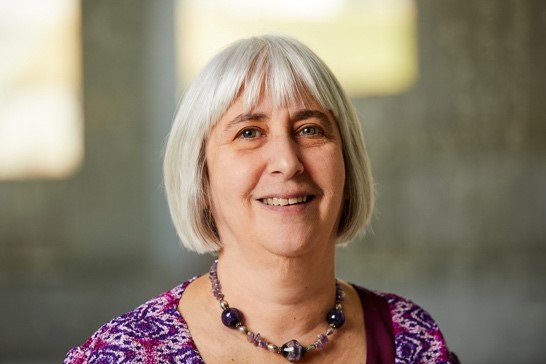Ellen is the Branch Chief of the Medical Genetics Branch and is a pediatrician and geneticist in the National Human Genome Research Institute at the NIH. She received her M.D. from Tulane University, and trained in pediatrics at Northwestern and in Clinical Genetics at the NIH. Dr. Sidransky has been a tenured NIH investigator and Section Chief since 2000. Her research interests include both clinical and basic aspects of Gaucher disease and Parkinson disease, studies of genotype/phenotype correlation and genetic modifiers, insights from mouse models, and novel treatment strategies. She played a lead role in establishing the association between glucocerebrosidase and parkinsonism. She received the Van Andel Award for PD Research and the RO Brady award for Innovation an Accomplishment.
Co-PI (Core Leadership)
Ellen Sidransky, MD
National Human Genome Research Institute
Ellen is the Branch Chief of the Medical Genetics Branch and is a pediatrician and geneticist in the National Human Genome Research Institute at the NIH. She received her M.D. from Tulane University, and trained in pediatrics at Northwestern and in Clinical Genetics at the NIH. Dr. Sidransky has been a tenured NIH investigator and Section Chief since 2000. Her research interests include both clinical and basic aspects of Gaucher disease and Parkinson disease, studies of genotype/phenotype correlation and genetic modifiers, insights from mouse models, and novel treatment strategies. She played a lead role in establishing the association between glucocerebrosidase and parkinsonism. She received the Van Andel Award for PD Research and the RO Brady award for Innovation an Accomplishment.


